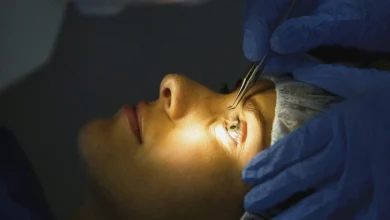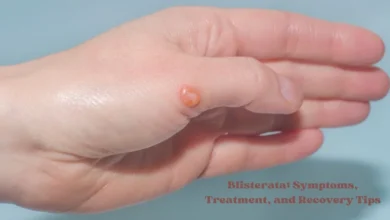What Causes Cavities and How To Prevent Them

A cavity is a hole in a tooth caused by the destruction of the outer part of the tooth due to gradual decay. The tiny black or brown spots you see on the surface of your tooth could be the initial stages of the formation of a cavity. If you don’t consult a dentist, the spot degenerates into a deep hole that can damage the inner lining of the tooth, causing infections, severe pain, and sensitivity. Here are a few of the causes of cavities and ways to prevent them:
Causes of Cavities
Eating sugary foods and failing to brush your teeth regularly can cause cavities. The bacteria in your mouth feed on this sugary food on the surface of your teeth, leaving behind a sticky substance called plaque. The plaque hardens with time, creating a shield that protects the bacteria. If you notice this plaque, visit your dentist to have the plaque removed.
Bacteria, under the protection of the plaque, make acids that destroy the enamel. You may notice small holes in the teeth that lead to the inner layer, called dentin. Your teeth decay because the acid penetrates the dentin and starts damaging it. The decay exposes the pulp, the most sensitive part of the teeth containing blood vessels and nerves, causing swelling, irritation, and pain.
How To Prevent Cavities Regular Dental Visits
Regular dental visits verify that the formation of cavities in your teeth is detected early enough for treatment. During the visit, the dentist does a comprehensive dental examination that identifies cavities and potential risk factors. If you are at a high risk of getting cavities, the dentist will advise you to change your oral hygiene practices for overall oral wellness. These practices include changing your diet to reduce the consumption of sugary foods.
Frequent Teeth Brushing
Regularly brushing your teeth can effectively protect you against cavities. Brush your teeth after meals and before sleeping to remove sugary food remnants from the surface of the teeth. Use fluoride toothpastes and antimicrobial mouthwash to kill bacteria and remove plaque from your teeth. Use a toothbrush with soft bristles that can penetrate the spaces between teeth for deep cleaning.
Reduce Consumption of Sugary Foods and Drinks
When the residue from sugary foods and beverages sits on the surface of your teeth, bacteria will start to destroy the enamel. Consume sugary foods and drinks in small quantities or at longer intervals. During these intervals, drink water to rinse your mouth and remove any bacteria that could have already settled on the surface of your teeth.
Regular Flossing
Flossing is the act of removing food remnants stuck between teeth using a thin filament or a cord. Brushing is effective but can only clean the easily accessible surfaces of the teeth. Flossing cleans the hidden parts, especially between the teeth that toothbrushes seldom reach. During flossing, use a clean length of floss or a new dental flosser to avoid infections or inflammation in your gums.
Stopping Cigarette Smoking
Over 40% of regular cigarette smokers develop oral health complications after several years. Cigarette smoke leaves a black residue on the surface of your teeth. This creates a conducive environment for bacteria to attack and destroy the enamel of your teeth. Since the residue is acidic, it can also erode the enamel, eventually causing cavities.
Visit a Dentist for Cavity Removal
Avoid a last-minute rush to the dentist for treatment of cavities by preventing their occurrence. You can do this by avoiding sugary foods, regularly cleaning your teeth, and flossing every day. Any early signs of cavities can also be identified during regular dental visits, enabling early treatment. Identify a reliable dental clinic and seek advice on how to avoid or treat cavities today.
Read More: Everything You Wanted to Learn About Molarul




